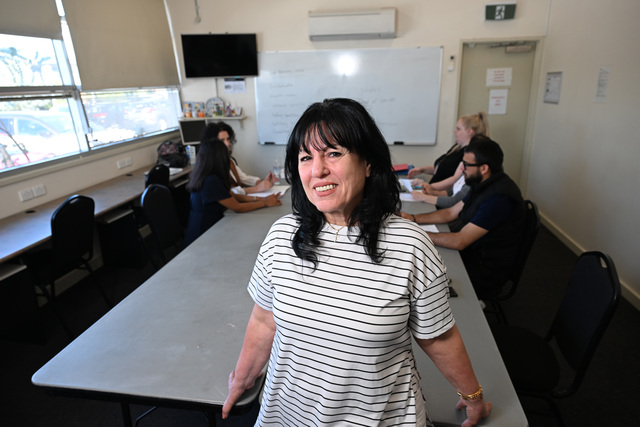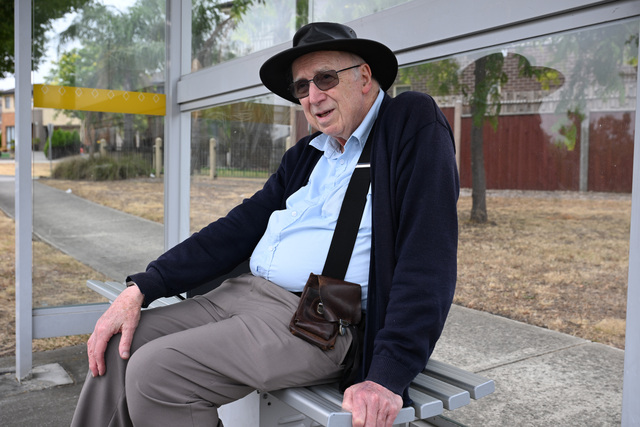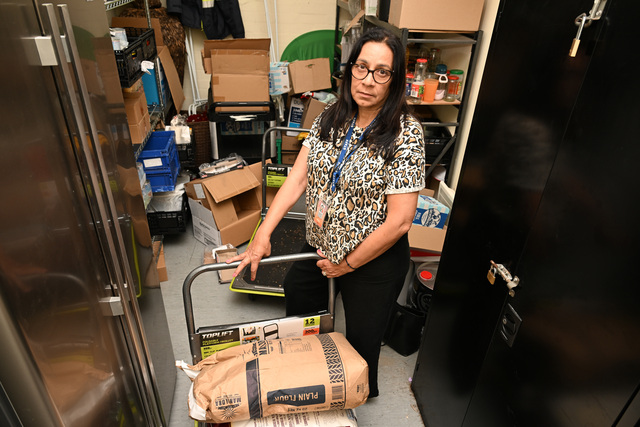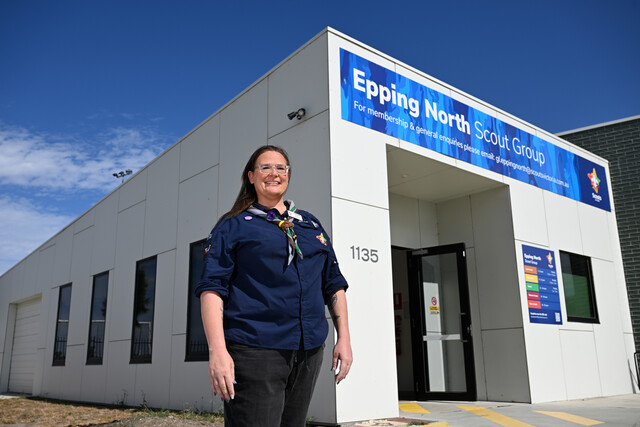First-home buyers are increasingly being drawn to buying houses off the plan in Melbourne’s growth areas but are ending up in suburbs that lack sufficient infrastructure and social support, according to the head of the Victorian Council of Social Service.
As of July 1 this year, Victoria’s first-home buyer grant of up to $10,000 was limited to buyers of new homes. Existing home buyers are no longer eligible. First-home buyers can build or buy new homes.
The most recent data released by the Australian Bureau of Statistics shows home-loan approval rates for first-home buyers have dropped since the change.
The ABS found the number of first-home buyer finance commitments fell to 13.7 per cent in August from 14.7 in July.
In the same period, the average home loan size for first-home buyers fell $1300 to $286,000.
The number of financial commitments to housing in Victoria rose overall by 1 per cent over the period.
VCOSS chief executive Emma King said there was a trend among first-home buyers and people seeking affordable rental properties to buy or rent in growth areas on Melbourne’s urban fringe, where new homes and estates were abundant.
“More affordable housing is often confined to outer suburban areas, without similar options being developed in other areas,” she said.
Ms King said concentrating growth in areas that lacked sufficient infrastructure could have “profound implications”.
“Housing stress, high transport costs and the lack of jobs mean that people can find themselves in financial insecurity,” she said.
Tony Delinaoum, managing director of Epping-based The Real Estate Business, said that in the two decades his company had operated in Melbourne’s north, he had seen a constant stream of people moving from the gentrified, inner-northern suburbs of Northcote, Preston and Reservoir “down the corridor” to cheaper properties in Epping, Mernda and Doreen.
He said first-home buyers could build themselves a house for below $300,000 in the outer northern suburbs. But first-home buyers should only invest only if they had a substantial deposit, rather than relying on a loan.
“If they can’t afford to have a deposit, they shouldn’t be buying,” he said.
















